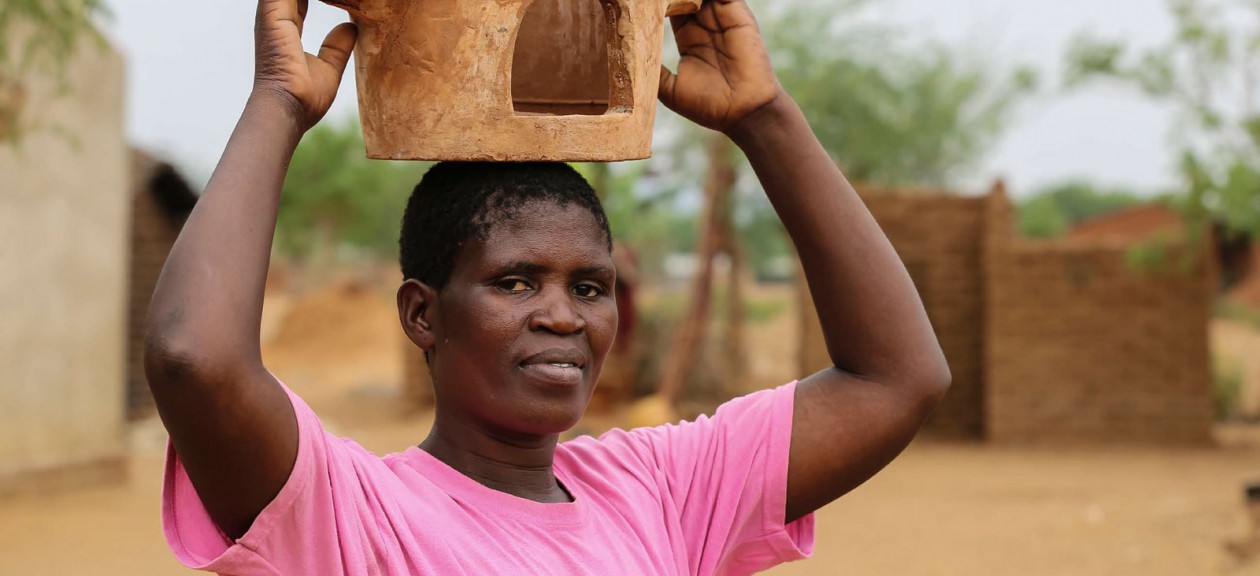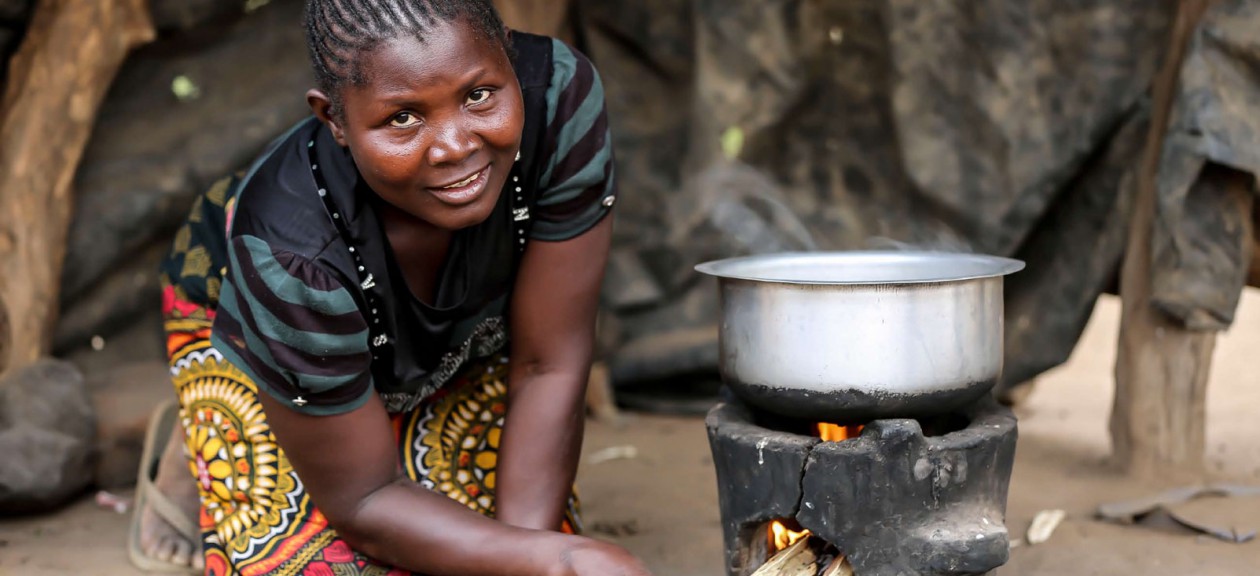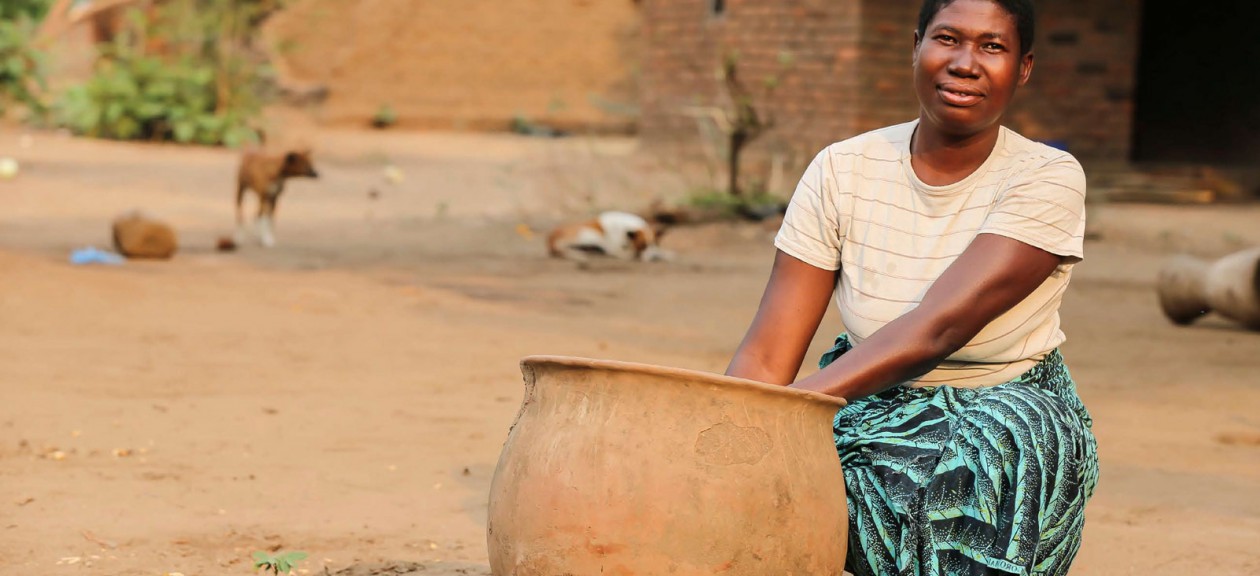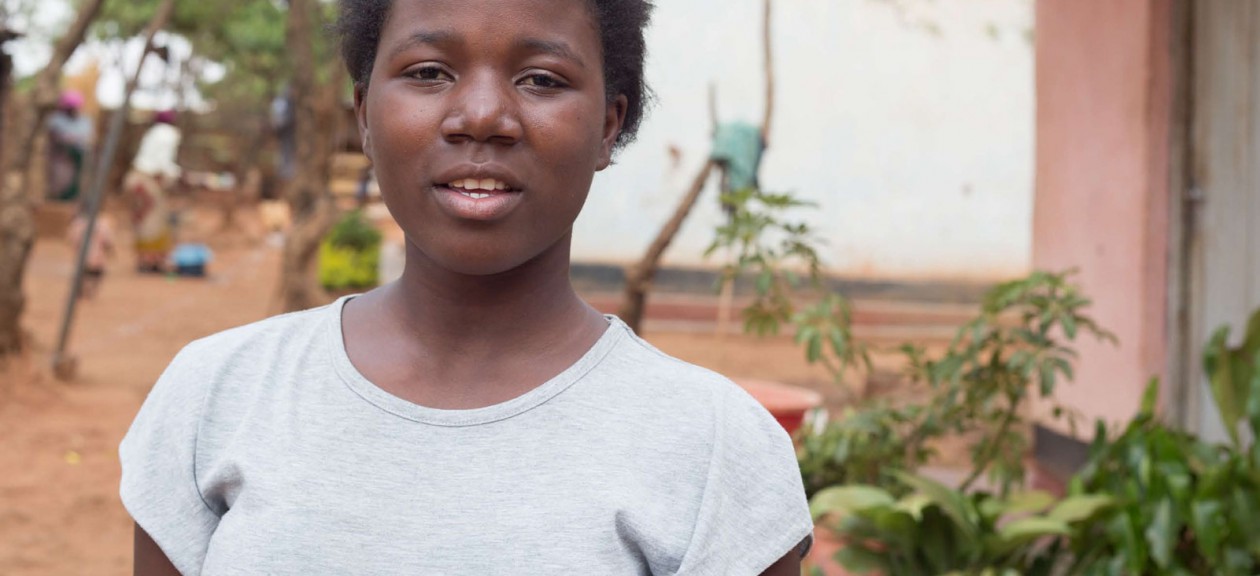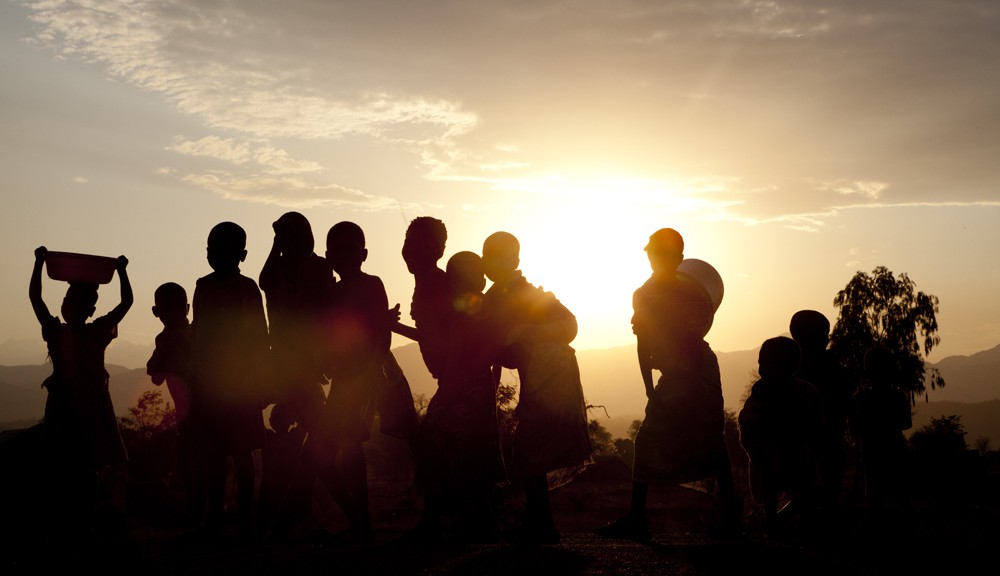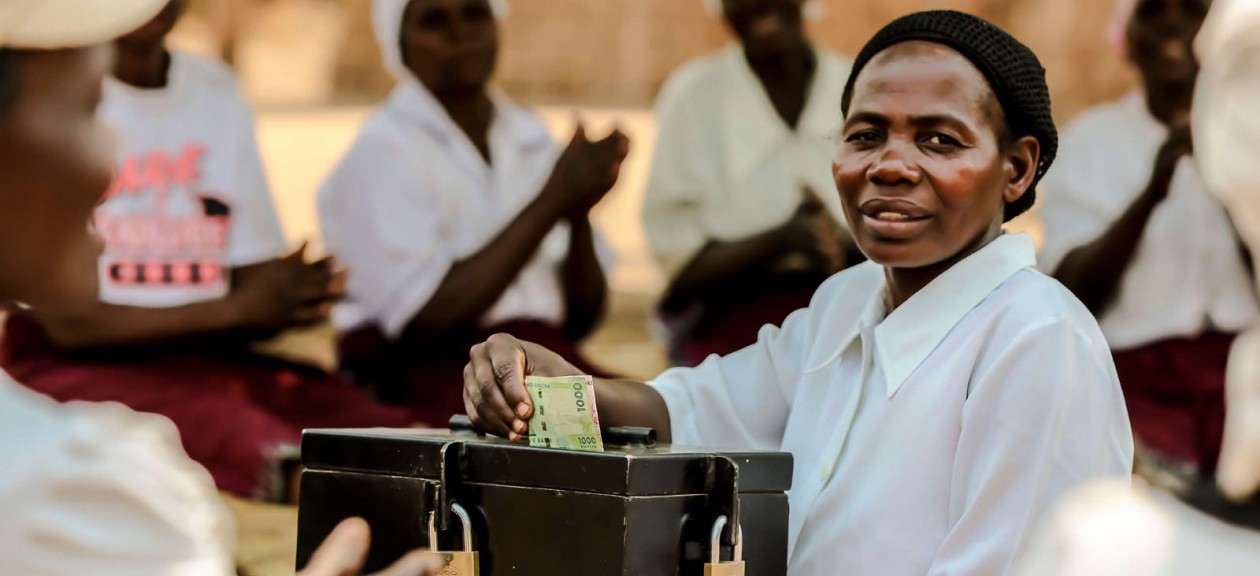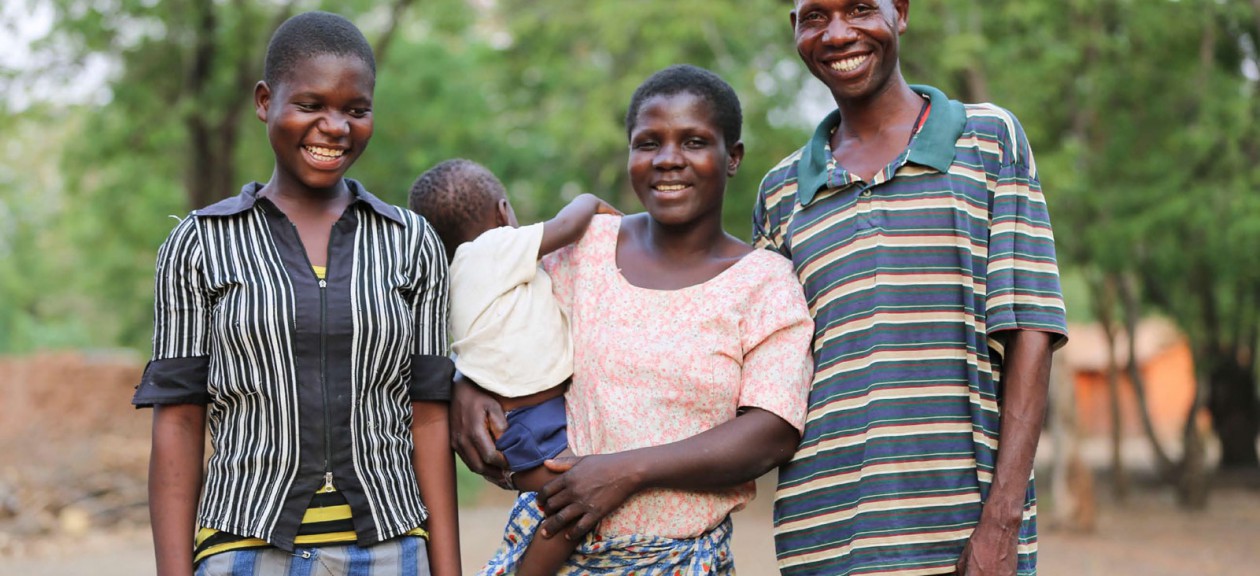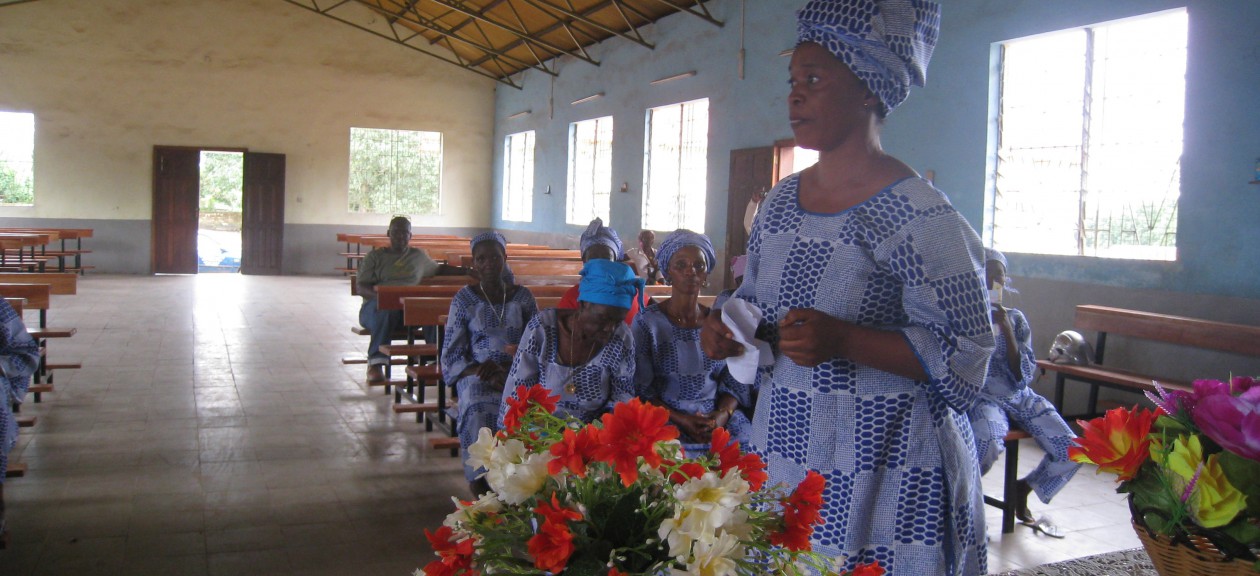Veronica Obed is 43 and lives in Chazuka Village T/A Tengani in Nsanje District. Veronica is married and has 7 children, 4 boys and 3 girls. Veronica participates in the DFID, Norwegian Government and Irish Aid funded DISCOVER project (Developing Innovative Solutions with Communities to Overcome Vulnerability through Enhanced Resilience) with GOAL.
Veronica spoke of how joining the Chitetezo Mbaula (energy efficient stove) group has reduced the need for firewood. Veronica notes that the reduced time spent travelling long distances for firewood has minimised the risk of gender based violence. “We had to travel long distances waking up at 4am…we would meet nasty men who would want to take advantage of us, at times we were caught in traps set for wild animals, which was risky and painful”. Veronica also spoke of the difference the Chitetezo Mbaula has made to her life.
“…using the Mbaula our firewood lasts for some time, for at least 2 weeks. With the Mbaula we can even use bean stalks to light the fire”.
The Mbaula has made a huge difference to Veronica and other women’s lives in that they no-longer have to frequently travel to the forest to fetch firewood. In addition Veronica says the Mbaula has impacted positively on the overall wellbeing of her and her family in terms of increasing income generating opportunities integral to women’s self-empowerment.
“We sell the Mbaula we make in the group and buy household stuff and we get that money and use for VSL” (Village savings and Loans).
- This case study was prepared as part of the Gallery Exhibition to commemorate the visit of the President of the Republic of Ireland, His Excellency Michael D Higgins to Malawi in November 2014, and later to coincide with the launch of the 16 Days of Activism against GBV on November the 25th, 2014.
- Pictures taken by : Chipiliro Khonje
